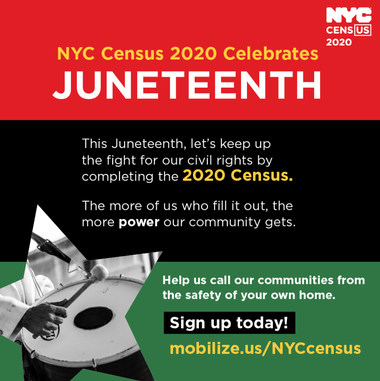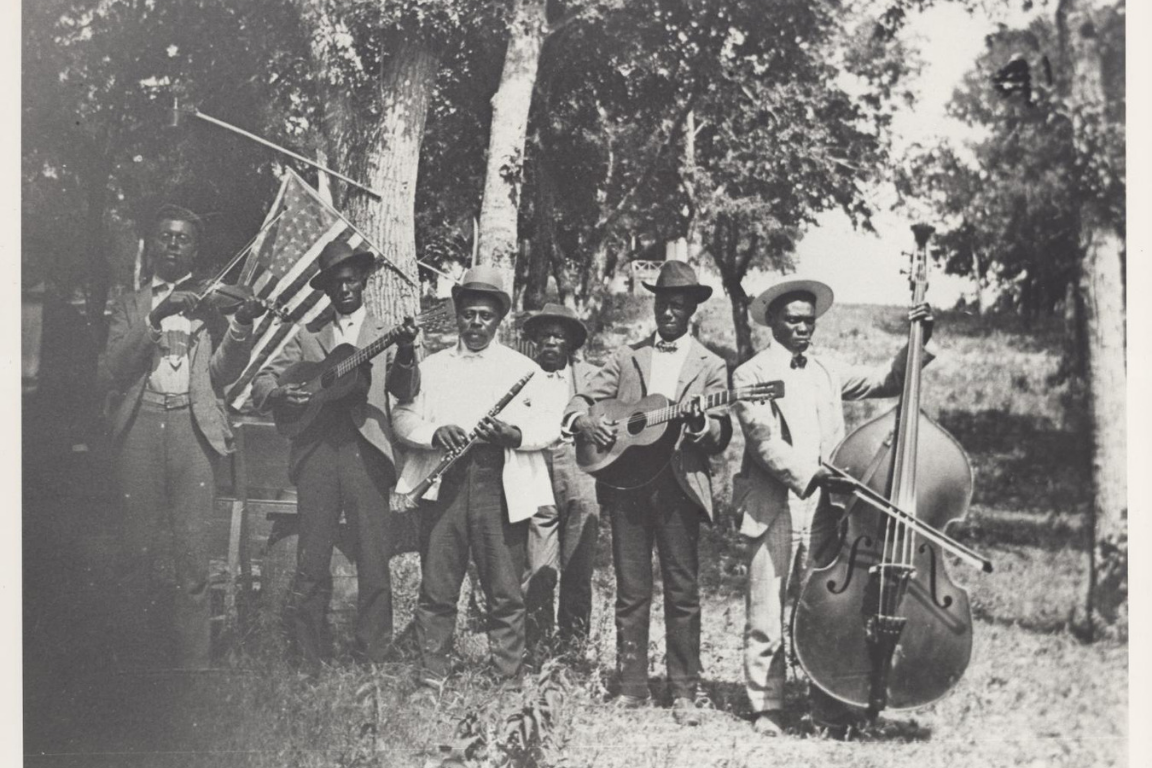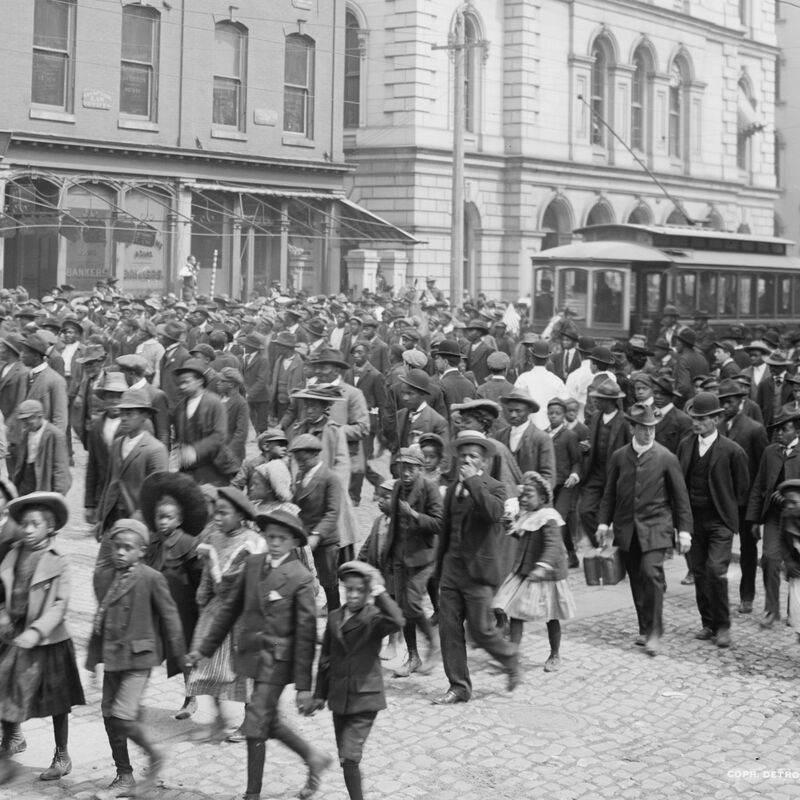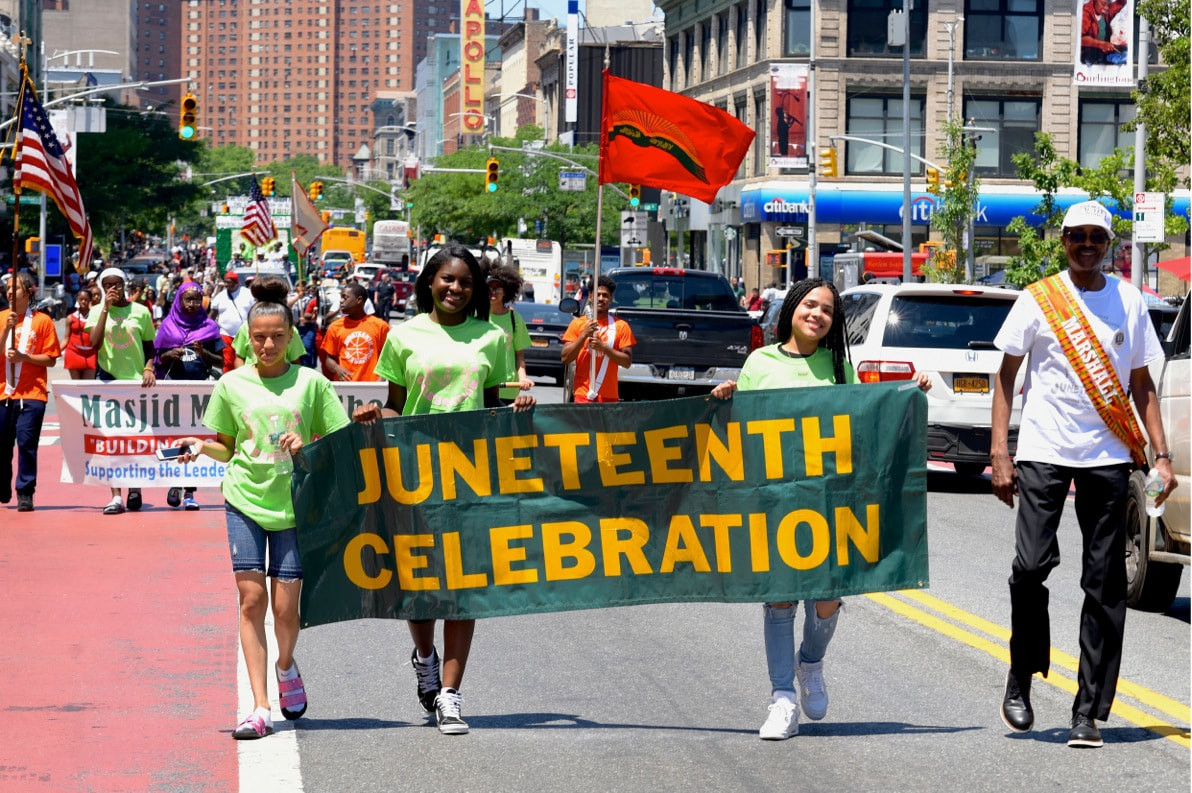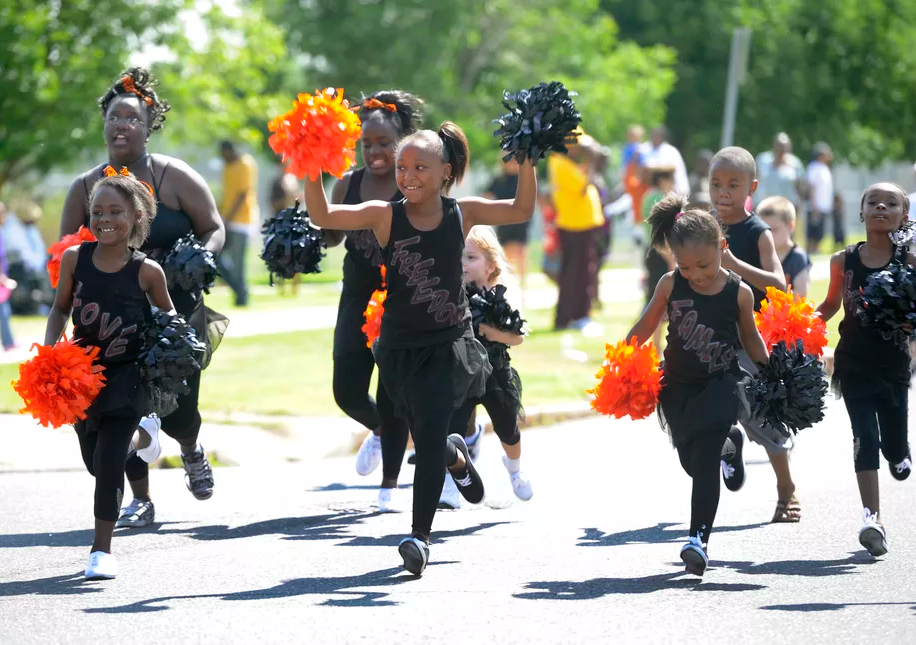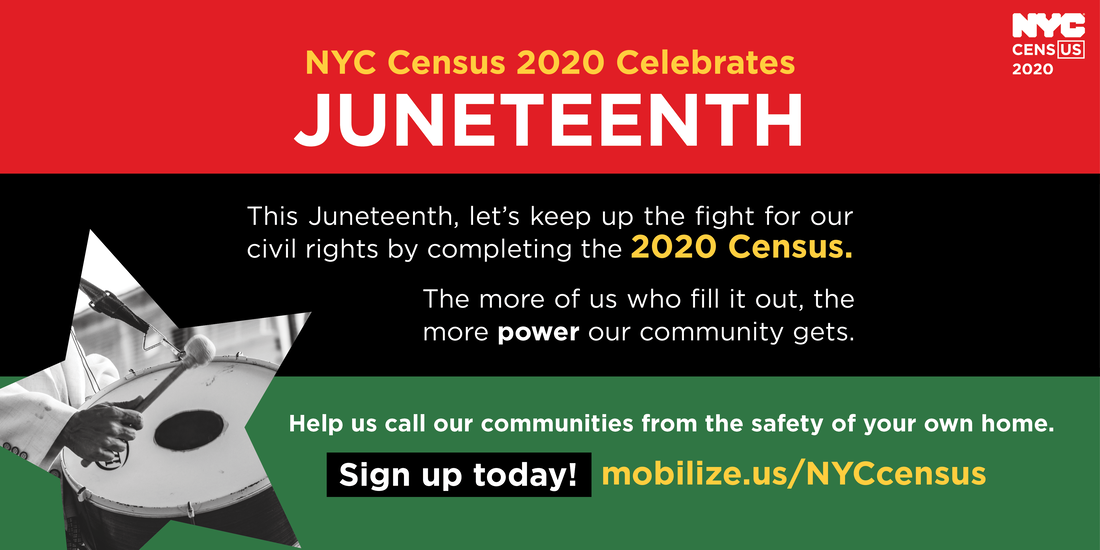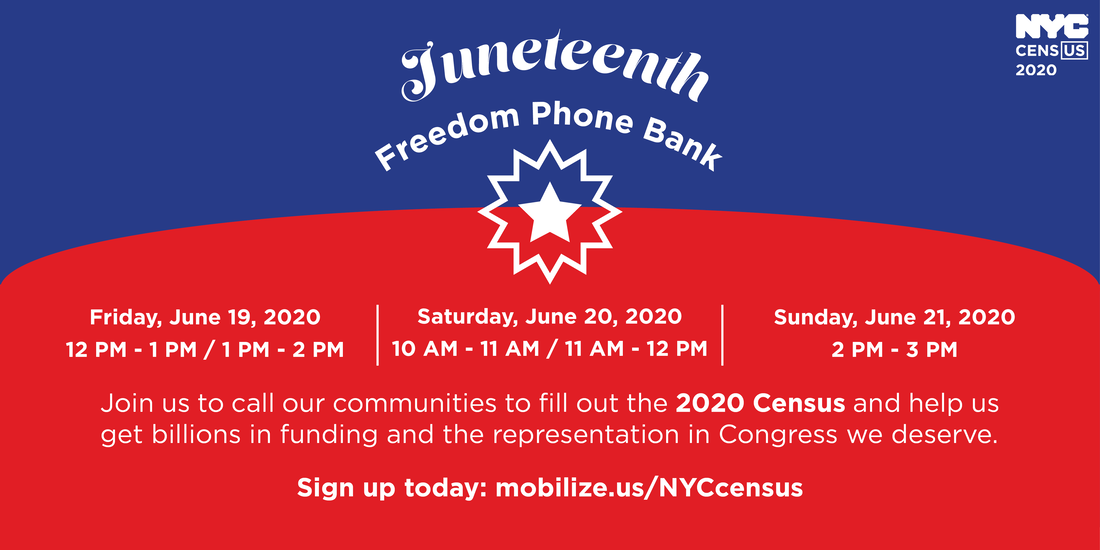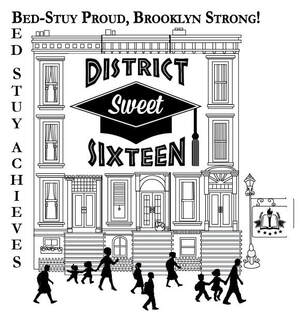HISTORY
"On “Freedom’s Eve,” or the eve of January 1, 1863, the first Watch Night services took place. On that night, enslaved and free African Americans gathered in churches and private homes all across the country awaiting news that the Emancipation Proclamation had taken effect. At the stroke of midnight, prayers were answered as all enslaved people in Confederate States were declared legally free. Union soldiers, many of whom were black, marched onto plantations and across cities in the south reading small copies of the Emancipation Proclamation spreading the news of freedom in Confederate States. Only through the Thirteenth Amendment did emancipation end slavery throughout the United States.
But not everyone in Confederate territory would immediately be free. Even though the Emancipation Proclamation was made effective in 1863, it could not be implemented in places still under Confederate control. As a result, in the westernmost Confederate state of Texas, enslaved people would not be free until much later. Freedom finally came on June 19, 1865, when some 2,000 Union troops arrived in Galveston Bay, Texas. The army announced that the more than 250,000 enslaved black people in the state, were free by executive decree. This day came to be known as "Juneteenth," by the newly freed people in Texas.
The post-emancipation period known as Reconstruction (1865-1877) marked an era of great hope, uncertainty, and struggle for the nation as a whole. Formerly enslaved people immediately sought to reunify families, establish schools, run for political office, push radical legislation and even sue slaveholders for compensation. Given the 200+ years of enslavement, such changes were nothing short of amazing. Not even a generation out of slavery, African Americans were inspired and empowered to transform their lives and their country.
Juneteenth marks our country’s second independence day. Although it has long celebrated in the African American community, this monumental event remains largely unknown to most Americans.
The historical legacy of Juneteenth shows the value of never giving up hope in uncertain times. The National Museum of African American History and Culture is a community space where this spirit of hope lives on. A place where historical events like Juneteenth are shared and new stories with equal urgency are told."
The Historic Legacy of Juneteenth. (n.d.). Retrieved June 19, 2020, from https://nmaahc.si.edu/blog-post/historical-legacy-juneteenth
But not everyone in Confederate territory would immediately be free. Even though the Emancipation Proclamation was made effective in 1863, it could not be implemented in places still under Confederate control. As a result, in the westernmost Confederate state of Texas, enslaved people would not be free until much later. Freedom finally came on June 19, 1865, when some 2,000 Union troops arrived in Galveston Bay, Texas. The army announced that the more than 250,000 enslaved black people in the state, were free by executive decree. This day came to be known as "Juneteenth," by the newly freed people in Texas.
The post-emancipation period known as Reconstruction (1865-1877) marked an era of great hope, uncertainty, and struggle for the nation as a whole. Formerly enslaved people immediately sought to reunify families, establish schools, run for political office, push radical legislation and even sue slaveholders for compensation. Given the 200+ years of enslavement, such changes were nothing short of amazing. Not even a generation out of slavery, African Americans were inspired and empowered to transform their lives and their country.
Juneteenth marks our country’s second independence day. Although it has long celebrated in the African American community, this monumental event remains largely unknown to most Americans.
The historical legacy of Juneteenth shows the value of never giving up hope in uncertain times. The National Museum of African American History and Culture is a community space where this spirit of hope lives on. A place where historical events like Juneteenth are shared and new stories with equal urgency are told."
The Historic Legacy of Juneteenth. (n.d.). Retrieved June 19, 2020, from https://nmaahc.si.edu/blog-post/historical-legacy-juneteenth
Letter from the Chancellor
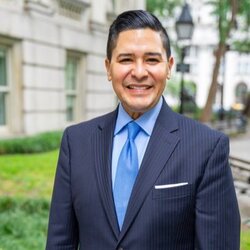
"Juneteenth marks the date when the emancipation of enslaved Africans in the confederate state of Texas learned of their freedom, two and a half years subsequent to President Lincoln’s proclamation. This news ultimately altered the trajectory of the lives of those who were enslaved. It also created challenges politically, socially and economically for ex-slaves, who struggled to assimilate in society post-slavery. Although the government attempted to provide solutions to these challenges through legislation and social programs, life continued to be an uphill battle. Hundreds of years later, we are still on the battlefield.
All across the country, descendants of emancipated enslaved Africans are celebrating their freedom and their rich culture derived from the African Diaspora on Juneteenth. They celebrate their contributions in science, arts, mathematics, and more, in a country that has not fully acknowledged or valued those contributions.
Standing together in the present day when the consequences of history are still alive all around us, you..are critical in the process of empowering the changemakers: our students. This celebration of Juneteenth is also a call to action for us...individually and collectively as a community.
In celebration of Juneteenth, we have compiled resources for you...as you engage in reflection and discussion. This celebration comes at a time when we, as a nation, have undergone profound emotional experiences in the last several weeks and months. These culturally responsive and sustaining resources will help illuminate students identities and histories, and will light the way to difficult yet meaningful conversations about race, racism, and anti-racism learning. We encourage you to use and (use) them on Juneteenth, but they are also relevant beyond June 19th as they speak to a long and unfinished thread of American history.
We hope that these resources will inspire you and our students to engage and reflect on the impact that our history has on us today, so that our students may become change agents for their communities."
In unity,
Chancellor Richard A. Carranza
All across the country, descendants of emancipated enslaved Africans are celebrating their freedom and their rich culture derived from the African Diaspora on Juneteenth. They celebrate their contributions in science, arts, mathematics, and more, in a country that has not fully acknowledged or valued those contributions.
Standing together in the present day when the consequences of history are still alive all around us, you..are critical in the process of empowering the changemakers: our students. This celebration of Juneteenth is also a call to action for us...individually and collectively as a community.
In celebration of Juneteenth, we have compiled resources for you...as you engage in reflection and discussion. This celebration comes at a time when we, as a nation, have undergone profound emotional experiences in the last several weeks and months. These culturally responsive and sustaining resources will help illuminate students identities and histories, and will light the way to difficult yet meaningful conversations about race, racism, and anti-racism learning. We encourage you to use and (use) them on Juneteenth, but they are also relevant beyond June 19th as they speak to a long and unfinished thread of American history.
We hope that these resources will inspire you and our students to engage and reflect on the impact that our history has on us today, so that our students may become change agents for their communities."
In unity,
Chancellor Richard A. Carranza
RESOURCES
- A Juneteenth Celebration on June 19 at 7PM featuring Nikole Hannah-Jones, Misty Copeland, Cornel West, Savion Glover and others. The Greenespace
- National Museum of African American History and Culture The Historical Legacy of Juneteenth
- Juneteenth.com Juneteenth.com World Wide Celebration!
- New York Times So You Want to Learn About Juneteenth?
- Flocabulary Juneteenth hip hop
- Teaching Tolerance Teaching Juneteenth
- Morningside Center Juneteenth: Why is it Important to America?
- Social Studies for Kids The Importance of Juneteenth
- Social Sciences Celebrating Juneteenth Middle School Lesson
- Read Write Think Celebrate Juneteenth!
2020 CENSUS
Juneteenth reminds us that slavery didn't simply end with the Emancipation Proclamation, and the Black Lives Matter movement and the disproportionate impact COVID-19 has on Black communities shows us that to this day our institutions have been subject to manipulation over the years to render them, at times, as tools of oppression, as opposed to justice.
The census is, in concept, the very basis for the equitable distribution of money, power, and resources across the country and across communities. Although the census of today is on its face not inherently designed to marginalize any one group and is a critical exercise we must all participate in to ensure that it is, in fact, a tool for empowerment, the history of the census demonstrates that it has often been used as a tool of oppression. Examples include:
The census evolved:
The 2020 Census:
In 2019, an attempt to add a question on citizenship on the census was intended to deter undocumented immigrants from completing the census and thus further disenfranchising our Black and Brown communities. As a result of a lawsuit brought by the City of New York, along with many other cities and states, this attempt was thwarted, but in many ways, the fear and misinformation stemming from the attempt resulted in significant damage that we have had to work tirelessly to collectively undo.
Furthermore, since the launch of NYC Census 2020, we have centered outreach around black and brown communities to reclaim the 2020 Census as a tool to promote equity and secure our communities’ rightful share of billions in federal funding and representation at every level of government.
And so, in honor of Juneteenth, we lift up all who suffered and continue to struggle against institutional racism and we recommit to breaking the chains that remain by getting the word out to achieve a complete count in the 2020 census.
“We are a strong, resilient people who will not be marginalized and erased from this country by not participating in the 2020 Census.”
— National Urban League
The census is, in concept, the very basis for the equitable distribution of money, power, and resources across the country and across communities. Although the census of today is on its face not inherently designed to marginalize any one group and is a critical exercise we must all participate in to ensure that it is, in fact, a tool for empowerment, the history of the census demonstrates that it has often been used as a tool of oppression. Examples include:
- The “Three-Fifths Compromise” (1787-1868) counted every enslaved person as only three-fifths of a person in the census.
- During the Reconstruction period, the census categorized U.S. residents with more than one “racial” background based on the percentage of either Black or Native blood that was in theory present in any given individual, resulting in the ranking of those with more “white blood” as “higher” in social status.
- During the Jim Crow era (early 20th century), various law enforcement officials, particularly in the South, forcibly repressed participation in the census upon threat of violence, so as to ensure Black communities were deliberately undercounted and underrepresented.
- Data from the 1940 Census was used to identify Japanese Americans for forcible relocation to internment camps during World War II.
The census evolved:
- As a result of Japanese Internment and the collective national shame it wrought, Title XIII of the U.S. Code was passed in the early 1950s to protect individual census data and prevent it from being used in any way which could bring harm upon an individual or a community.
- Since then, all personal census data is private and cannot be shared with any individual or government agency.
- Today, the significant under-count of Black and Brown communities deprives them of critical federal funding that is rightfully theirs and the political representation they need.
The 2020 Census:
In 2019, an attempt to add a question on citizenship on the census was intended to deter undocumented immigrants from completing the census and thus further disenfranchising our Black and Brown communities. As a result of a lawsuit brought by the City of New York, along with many other cities and states, this attempt was thwarted, but in many ways, the fear and misinformation stemming from the attempt resulted in significant damage that we have had to work tirelessly to collectively undo.
Furthermore, since the launch of NYC Census 2020, we have centered outreach around black and brown communities to reclaim the 2020 Census as a tool to promote equity and secure our communities’ rightful share of billions in federal funding and representation at every level of government.
And so, in honor of Juneteenth, we lift up all who suffered and continue to struggle against institutional racism and we recommit to breaking the chains that remain by getting the word out to achieve a complete count in the 2020 census.
“We are a strong, resilient people who will not be marginalized and erased from this country by not participating in the 2020 Census.”
— National Urban League
